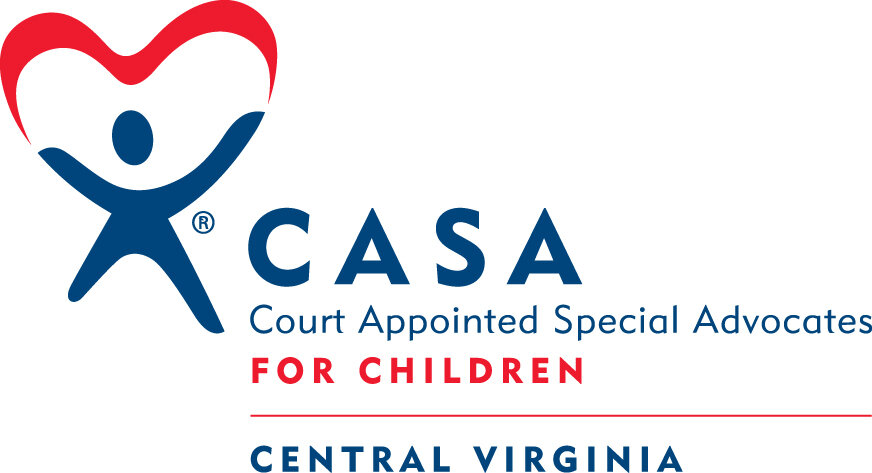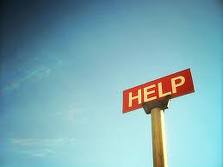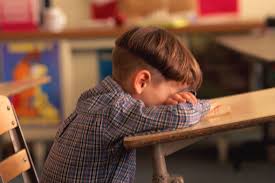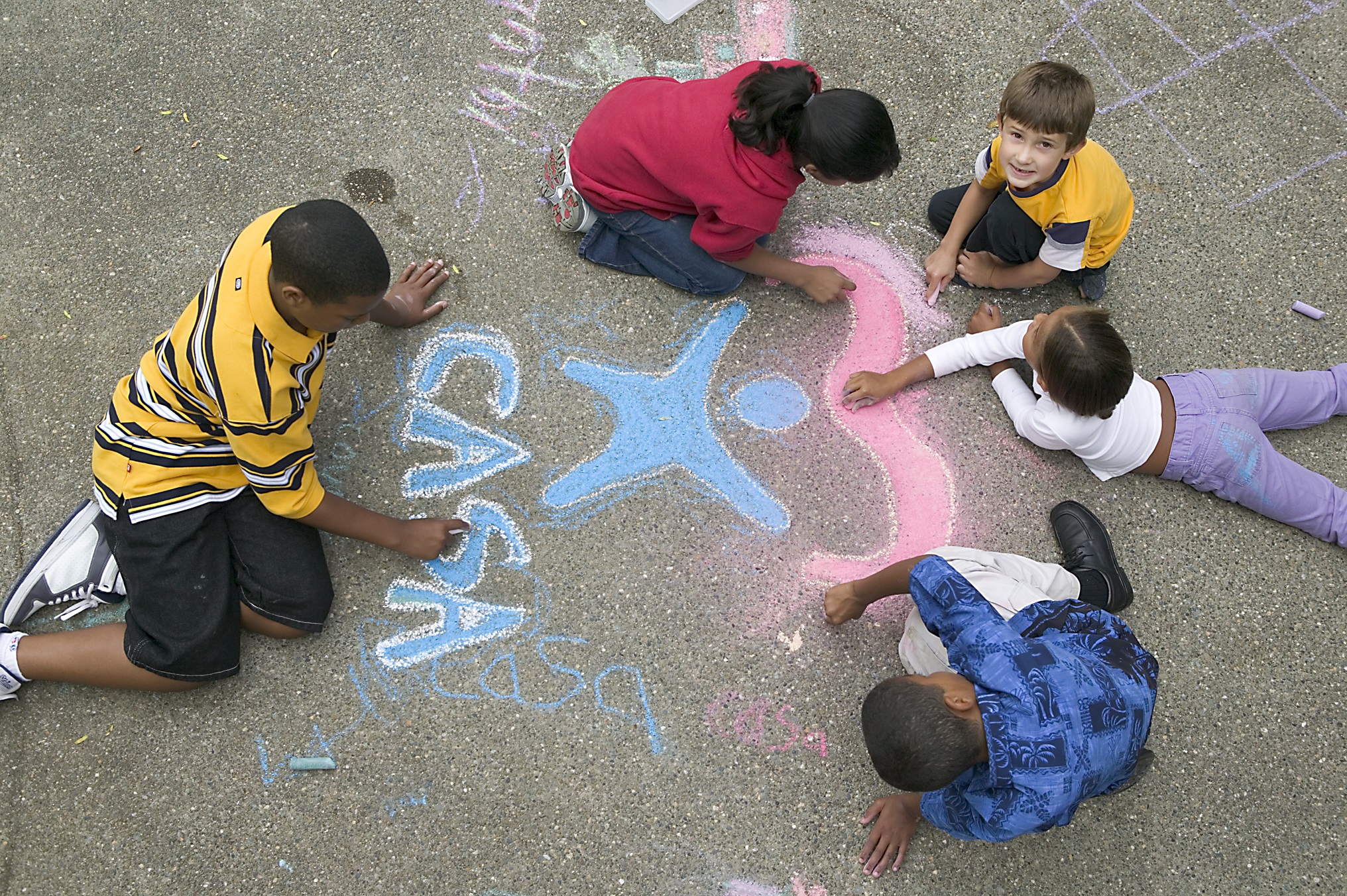5 Ways Suspensions Hurt CASA Kids
"A kid in chaos is a symptom of a deeper problem; they are cuing us that there is something wrong in their world that is bigger than they are."
Before we start, we should say--we all know we're talking about hard kids when we talk about CASA kids, when we talk about kids eligible for suspension. But a fundamental principle that informs our thinking on this subject is remembering that a kid in chaos is a symptom of a deeper problem; they are cuing us that there is something wrong in their world that is bigger than they are. Kids in chaos need support, intervention, treatment, and relationship-building. Make sure to check out our earlier blog post about 5 Call-Outs in Central Virginia’s Suspension Data, and to follow along for Part II where we discuss 10 Better Options Instead of Suspension. For now, here we go with 5 Ways Suspensions Hurt CASA Kids:
1.) Create a supervision or childcare issue that strains the whole family.
When we suspend kids, we create a crisis choice for the guardian: if they don't have affordable, easily accessible emergency childcare, then they must choose between missing work to stay home with the child, or leaving the child at home alone unattended. We know we don't want a kid with profoundly disruptive behaviors left alone all day at home if we can help it, so that leaves missing work if no childcare can be found. For families living on the edge of poverty, this can have disastrous effects. Even for foster parents that work, if this happens often enough, this can cause disruption in the placement, as the foster parent is not able to sustain the child in the home and keep their job. We have absolutely seen suspensions break a placement.
2.) Expose a child to the possibility of further abuse/neglect.
If a child's home environment is already high-risk, school may be the safest and most stable part of their day, and suspension may mean they're spending more time at home with an abusive or inattentive parent. For children experiencing food scarcity at home, suspension may mean they don't eat that day. Or, worse yet, suspension may subject a child to abusive discipline. We’ve also known many situations where the abuse is driving the disruptive behavior—case in point, a child that was suspended for stealing food at school. Come to find out, the child wasn’t getting food at home—a huge missed opportunity to dig down and get to the underlying issue.
3.) Deprive already at-risk students of academic instruction.
The overwhelming majority of our CASA kids have experienced truancy, developmental delays, being held back a grade, academic struggle, or some combination thereof. Excluding these children from the classroom as a form of discipline only compounds the problem. Keep in mind, for many of our CASA kids, their lack of grade-level skills may very well be driving some of the behaviors. Of note, Dr. Roger Jones, currently the Dean of the University of Lynchburg School of Education, reports that in his years as principal at EC Glass High School, he never gave a long-term suspension to a student who was reading on grade level. In other words, kids who are behind academically are also the most at risk for suspension (almost as if the two might be related). The data that bears this out is the fact that in Virginia, students with disabilities are suspended at higher rates than their non-disabled peers (last year, per Legal Aid Justice Center’s reporting, 10.6% of disabled students were suspended, compared to 4.7% of students without disabilities). As advocates, part of our concern also comes from wondering how much of the disruptive behaviors might be driven by struggles with the academics, and whether supportive services are needed. Further, in our experience, for students who are long-term suspended, the academic instruction they get is often inadequate to allow them to keep up with their peers or make progress, further increasing the likelihood of failure academically and behaviorally upon their return to school.
“When I was principal, I don’t recall ever giving a long-term suspension to a student who was reading on grade level.”—Dr. Roger Jones, Dean, University of Lynchburg, School of Education
4.) Assume, instead of teaching, the child's ability to self-regulate to better behavior.
A report from Legal Aid Justice Center showed that in the 2015-2016 year alone, Virginia suspended 17,320 children in grades pre-K to 3rd grade (13% of all suspensions that year). That’s alarming! We should expect that very young children will not be able to perfectly self-regulate, and will need lots of opportunities to learn and practice those skills. Keep in mind, too, that children who’ve experienced trauma are quite often developmentally younger than their chronological age. Plus, kids who have experienced trauma are constantly in a state of high alert, with adrenaline pumping through their bodies and their brains in fight-or-flight mode. When a body has adapted to a high-risk environment as a long-range protective mechanism, it can’t just be switched off at school. They truly may not be able to physically or emotionally calm down, because they don't know how, and/or because their body has been biologically trained to do the opposite. Very possibly they may have only seen extremes of emotion, and never had an adult able to model calming down. They may need direct help from a calm, caring grown-up in de-escalating, in understanding the impact their behavior had on others, and in doing repair work for poor choices. Because here's the other thing: lack of control over bad things happening to you--trauma, in other words--breaks the links between cause and effect in kids' brains. For some children, their behavior, no matter how good or bad, could not prevent them experiencing abuse. They may need extra help in seeing effects from their actions through natural consequences, pointing out how others are impacted by their behavior, and direct teaching on better behaviors.
5.) Further the child's sense of alienation.
Kids who've experienced abuse or neglect are hypersenstive to rejection, with an internal recording telling them they’re wrong, broken and defective. Exclusion from the school community, even temporarily, trips pre-existing shame circuits in a CASA child. This furthers the child’s sense of alienation from people in the school, and depresses their drive to connect. The way we know that’s true? Because suspension is the #1 predictor of whether kids will drop out in the future (National Education Association).
Even while kids are still attending school, that sense of alienation is a problem, for 2 reasons. First, it’s a critical need for our CASA kids to have relational connectedness at school in order to feel emotionally—and biologically—safe enough to learn (check out Brene Brown’s excellent talk on this, called Daring Classrooms). Second, over half of last year’s suspensions were issued for relatively minor (i.e., nonviolent/noncriminal) and subjective offenses like “disrespect,” “defiance” and “disruption.” What this means is that kids with the weakest relationships with school staff are going to be most vulnerable to negative interpretations of their behavior, only increasing their risk of further suspension.
Suspension: the #1 predictor of school drop-out
In short—
Kids with a history of abuse have had front-row seats to broken relationships and bad deeds; what will be a novel concept for them is not being written off for bad choices. They should be given opportunities to practice relational repair work, experience fresh starts and strengthen their skills at choosing better options. Only by practicing this over and over will they come to distinguish between “I am all wrong” and “My behavior in the moment was wrong.”





